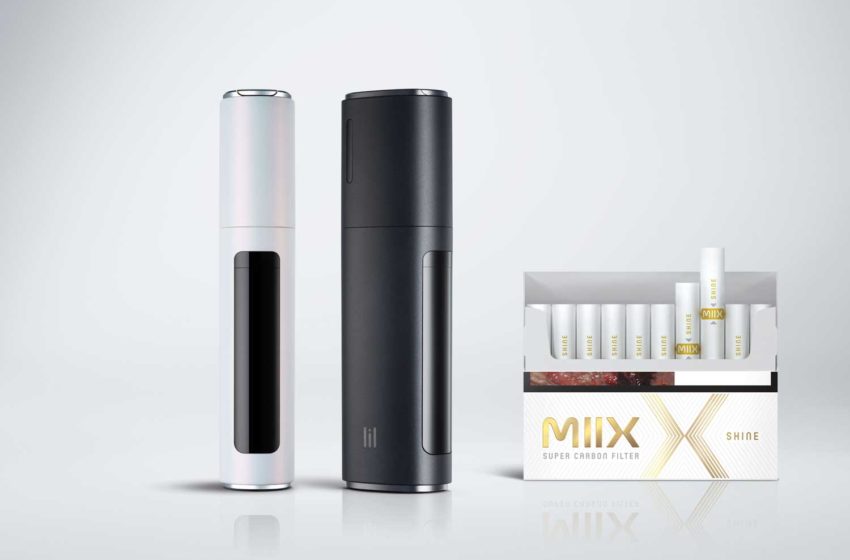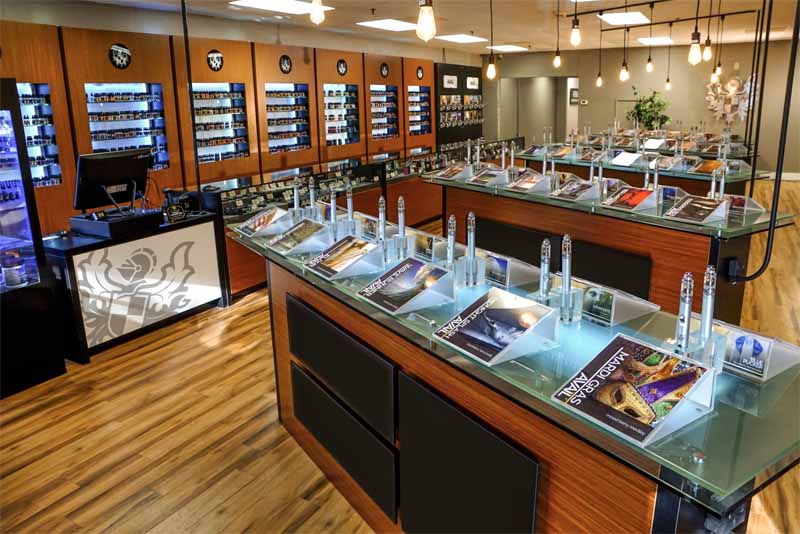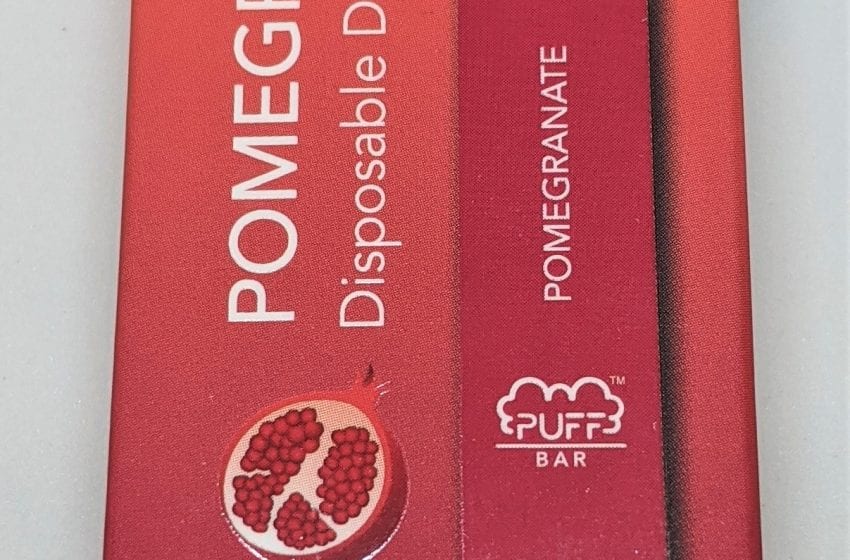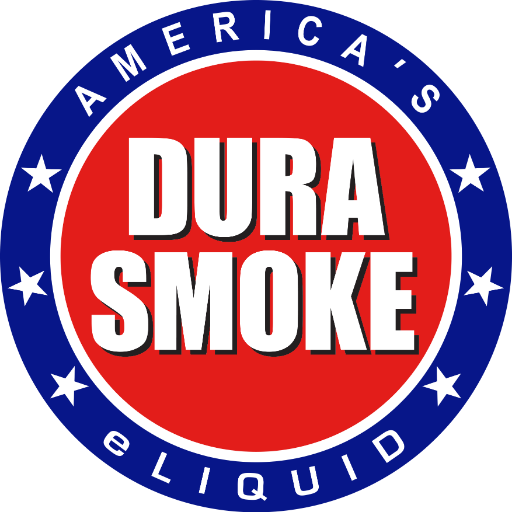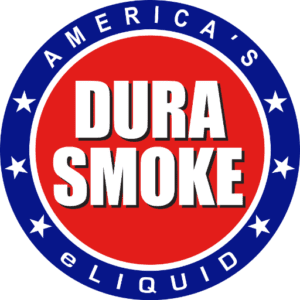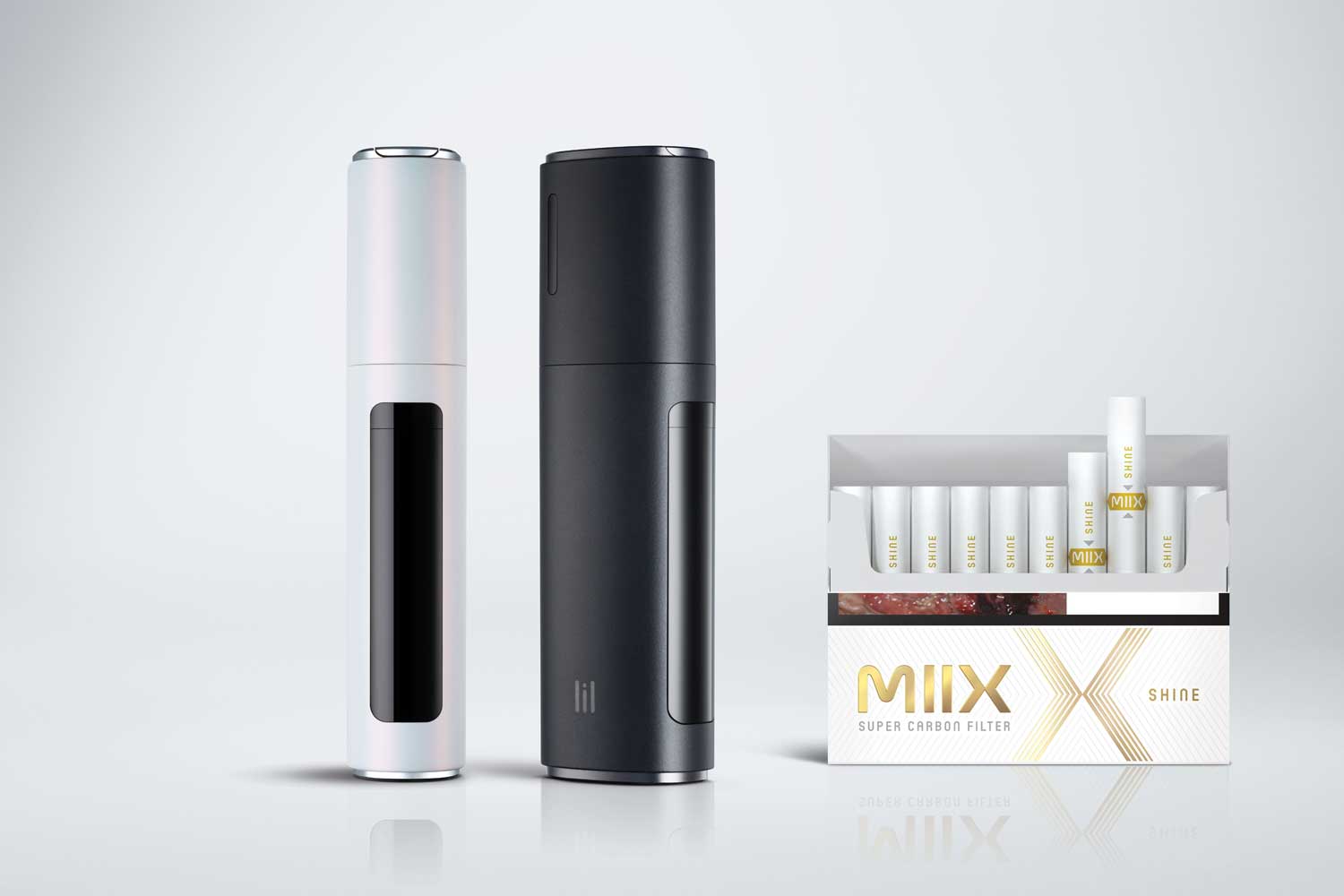
KT&G’s Lil heat-not-burn device has been named as an excellent e-cigarette brand in the Korea Brand Hall of Fame for the fourth consecutive year.
Supervised by South Korea’s Industrial Policy Research Institute, the Korea Brand Hall of Fame is an annual award event that selects the brands most loved by consumers.
Launched in 2017, Lil has been well received by the consumers, who bought more than 1 million units in the first year.
After this initial success, KT&G released line extension such as Lil Plus, Lil Mini, Lil Hybrid and Lil Solid. By 2021, the cumulative sales of Lil exceeded 4 million units in Korea alone.
Lil performed well internationally, too. In January 2020, KT&G signed a supply contract with Philip Morris International, for overseas marketing and sales of Lil, which subsequently secured a bridgehead for expansion in the global cigarette market.
KT&G started selling Lil in Russia, Ukraine and Japan in 2020, followed by product launches in Central Asia and Europe. In November 2021, KT&G launched Lil in Guatemala. Today, KT&G exports Lil to 23 counties.
“We built the brand Lil on the identity of ‘practical minimalism’ together with systematic technological innovation,” said Lim, Wang-seop, head of KT&G’s next-generation product business unit, in a statement. “We’ll make the brand recognized by the world consumers through developing the products that meet their needs and tastes.”

